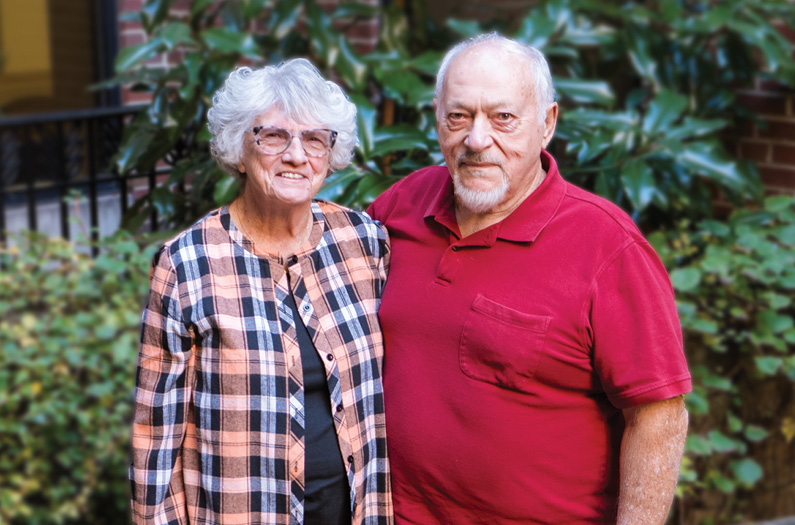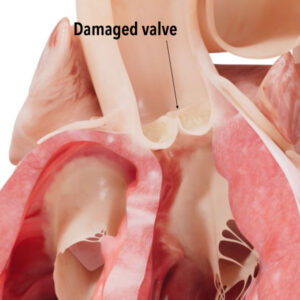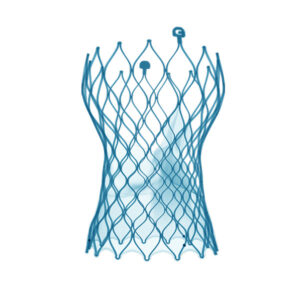A Transformative Journey with Memorial Health System, Department of Cardiology and TAVR Success
Hear from Memorial Health System patient, Max Colvin, as he details his 50-year care journey with the health system, as well as his most recent experience with

Every team member at Memorial Health System takes immense pride in building relationships with our patients and their loved ones. Sometimes, we are lucky enough to care for generations of families throughout the Mid-Ohio Valley.
Max Colvin, a lifelong resident of Monroe County, has been a familiar face at Memorial Health System for over 50 years. For Max, choosing Memorial is more than just a healthcare decision; it’s a commitment to the community he and his family call home.
“I don’t like big cities—the hustle of it all—it’s just natural for me to come here [Marietta Memorial Hospital] if I have a health problem,” Max states. “I’ve had good results here,” Max continues as he describes his personal experiences and the quality of care provided by the health system.
“I’ve had surgeries, and my wife delivered all our sons and daughters here. I mean, it’s our hospital; it’s where we go.”
In 1992, Max faced a significant health challenge with open-heart surgery and a double bypass in Columbus, Ohio. Managing diabetes since then, he became aware of a growing issue.
“I was getting to a point where I couldn’t catch my breath or walk any distance,” Max recalls. “I had just had two major surgeries, both of my knees were replaced, and I was recovering.”
With this realization, Max sought the expertise of John Arnold, NP, from the Department of Cardiology who recommended a catheterization to understand the underlying issues. Following that specific procedure, John Arnold then identified an issue with Max’s aorta, so he referred Max to fellow cardiology provider Jason Schott, DO, Interventional Cardiologist at Memorial Health System.
“He recommended that I speak with Dr. Schott because the TAVR [Transcatheter Aortic Valve Replacement] procedure was available here and not hours away, and I definitely wanted to get something done about my symptoms.”
 TAVR is a minimally invasive treatment option for aortic valve stenosis. This is a procedure in which a small cut is made in the groin area and a thin, flexible tube with a new artificial heart valve is guided through an artery in the leg and up to the diseased heart valve. Once the new valve is placed into the patient’s diseased heart valve, it begins working immediately.
TAVR is a minimally invasive treatment option for aortic valve stenosis. This is a procedure in which a small cut is made in the groin area and a thin, flexible tube with a new artificial heart valve is guided through an artery in the leg and up to the diseased heart valve. Once the new valve is placed into the patient’s diseased heart valve, it begins working immediately.
Max, determined to address his health concerns, embraced the suggestion of a TAVR replacement. His treatment with TAVR began with Kaitlyn Mullenix, RN, Structural Heart Coordinator.
 “I got in touch with Kaitlyn and had an appointment with her first. Then, I met with Dr. Schott. We progressively went with the TAVR replacement,” Max says. “She [Kaitlyn] has been great; she helped me through all of this.”
“I got in touch with Kaitlyn and had an appointment with her first. Then, I met with Dr. Schott. We progressively went with the TAVR replacement,” Max says. “She [Kaitlyn] has been great; she helped me through all of this.”
Max’s life has drastically changed since that first appointment with the Department of Cardiology, thankfully, in the best and healthiest way possible. He shares with his fellow community members words of encouragement and advice regarding American Heart Month:
“If you have any kind of problem with breathing, no energy, or stamina, go to a cardiologist and get checked out. There are many things they [cardiology providers] can do for you; more than I ever thought. A year ago, this was happening to me, and I was failing. I couldn’t even walk throughout the hospital—I had to be pushed in a wheelchair—and that’s not the case today. It’s quite an improvement.”
Featured From This Issue
-
Winter 2023
Elevating Heart Care with Every Beat
-
Winter 2023
Tender Moments, Expert Care.
-
Winter 2023
Not Just a Number
-
Winter 2023
The Meaningful Impact of the 24 Hour Nurse Line
-
Winter 2023
Neighbors Helping Neighbors
-
Winter 2023
Introducing the Memorial Health Society
-
Winter 2023
LiveMemorialWell
-
Winter 2023
Tips for a Healthy Heart from a Mayo Clinic Cardiologist
-
Winter 2023
Happy New Year!




